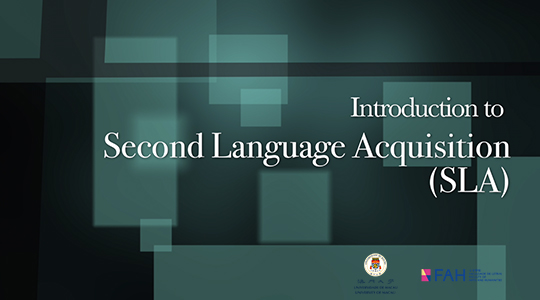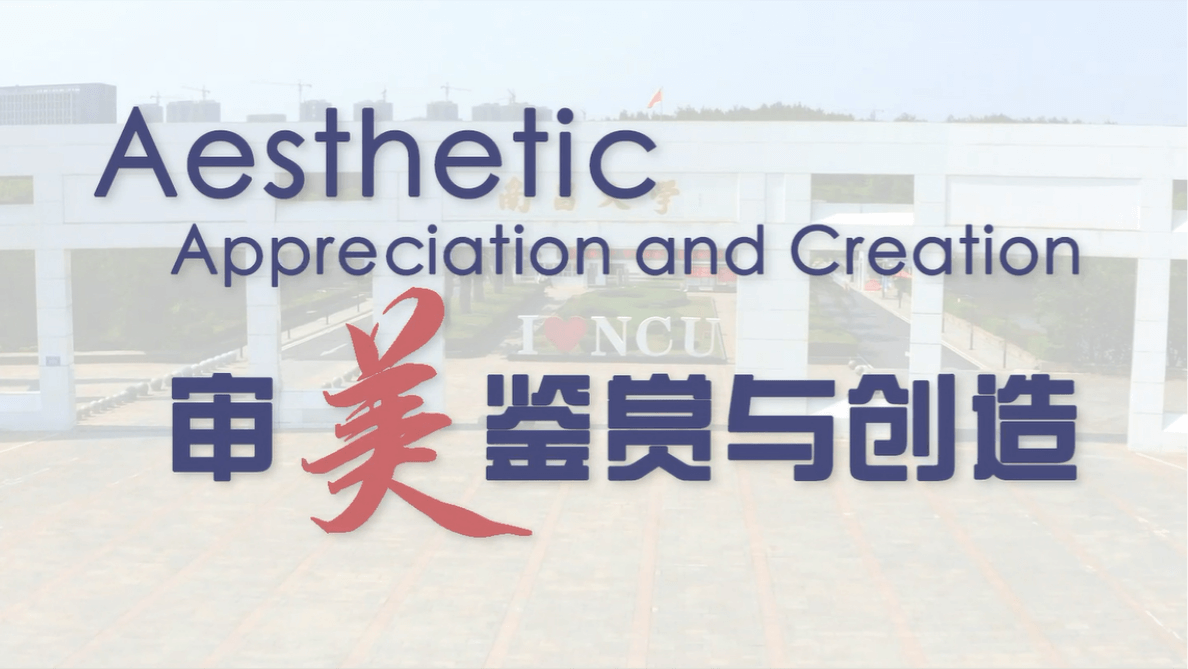
当前课程知识点:Methodology of Scientific Research > Lecture 1 Scientific Research and General Procedure > Section 1.1 Basic Concepts of Scientific Research > 1.1.3 Purpose of Research
返回《Methodology of Scientific Research》慕课在线视频课程列表
返回《Methodology of Scientific Research》慕课在线视频列表
下面介绍一下科学研究的目的
什么是科学研究的目的呢
科学研究的目的在于发现事物的规律性
不同的事物具有各自内在的运动规律
科学因其不同的研究对象
而具有不同的科学体系
那么什么是科学研究对象呢
从广义上来说 科学研究对象是客观世界
客观世界包括自然界 社会和人类思维
根据研究对象的不同
可以把研究对象大致分为自然科学
社会科学两大研究对象
那么对于自然科学研究对象
其大部分是无生命的物质或结构
但也包含具有生命的组织或形态
比如说农学当中的植物细胞
医药学中的组织蛋白等等
一般而言 自然科学研究的对象是可控的
因而可以用实验等方法进行精确分析
自然科学的研究对象
主要包括有三大类
非生命的物质对象
有生命的物质对象
抽象数与几何元素
那么对于社会科学研究对象而言
因其与人类活动有关
而具有多样性和复杂性
因此一般情况下
社会科学研究对象是不可控制的
由于各种因素之间相互作用 相互影响
使得在社会科学研究中
一般我们采取概率论
或者模糊数学的方法进行研究
这种研究对象的特征
使我们利用统计分析的方法
更可以进行全面的分析
与自然科学研究对象相比
社会科学研究对象有如下的一些特征
一个是社会现象受自然因素的影响
第2个是人的活动具有社会性
第3个是人的思想和行为又具有多变性
因为是受自然环境和自身的一些因素的影响
所以它有多变性
根据科学研究对象的不同
可以把科学分为哲学 自然科学
和社会科学三个基本部类
有关科学的分类问题
目前仍然是一个众说纷纭 继续探讨
而且没有一个完全定论的课题
下面介绍一下什么是自然科学
自然科学是研究自然界的物质结构
形态和运动规律的科学
自然科学是人类生产实践经验的总结
反过来它又推动着生产不断的发展
目前有一种代表性的观点认为
现代科学 特别是自然科学
它是由基础科学
技术科学和应用科学三部分组成的
那么基础科学是研究自然界物质的本质
和各种不同运动形式的基本规律的科学
基础科学最初包括
数学 物理学 化学
天文学 地学 生物学六大基础学科
后来又加上了逻辑学 成为七大基础学科
技术学科
它是以基础学科为指导
以技术课题为认识目标
研究技术理论性质及其特殊规律的科学
比如说电子技术 激光技术
能源技术 空间技术等等
什么是应用性科学
应用科学他是直接应用于生产和生活的技术
以及公益性质的科学
比如应用数学 应用化学
医学 农学
水利工程学 土木建筑学等等
那么上述三部分它们之间是相互为条件 相互促进
相辅相成的一个有机的关系
基础科学是技术科学和应用科学的理论基础
并且随着科学的发展
正在不断的分化 交叉
产生了许多新的一些分支
新兴学科 比如说分子物理学
天体物理学 非线性光学等等
边缘学科 比如说物理生物学
物理化学等等
以及综合性的学科
比如仿生学 信息科学等等
下面我们介绍一下什么是哲学
什么是哲学呢
哲学是从总体上研究
人与世界的关系的科学
哲学既包括人们从总体上认识
处理与外部世界的关系
也包括人们对这种关系的驾驭程度
一般而言 哲学大体上可以分为
广义哲学与狭义哲学两大类型
前者有自然哲学
历史哲学 政治哲学 艺术哲学等等
后者比如说
本体论 形而上学等等
有关的内容请我们同学可以
再去参考其他的一些文献
最后我们简介一下什么是社会科学
社会科学是研究与阐释各种社会现象
及其发展规律的科学
社会科学与自然科学不同
社会科技的各种学说一般属于意识形态
和上层建筑的范畴
他研究的是人和人之间的相互关系
以及包括意识形态 上层建筑之间的相互作用
这样的一个科学
在有阶级的存在的社会当中
社会科学一般是具有阶级性质的
社会科学目前大体上可以分为三大类
一类是叫纯粹的社会科学
第二类是非纯粹的社会科学
第三类叫交叉社会科学
-Section 1.1 Basic Concepts of Scientific Research
--1.1.1 Basic Concepts of Research
-Section 1.2 General Procedure of Scientific Research
--1.2.3 Process of Natural Science
--1.2.4 Process of Social Science
--1.2.5 Process of Technologial Science
-Section 1.3 How to Prepare for Scientific Research
--1.3.1 Motivation of Research
-Test-Lecture #1
-Section 2.1 Types and Sources of Research Project
-Section 2.2 Principles and Methods of Topic Selection
--2.2.1 Principle of Topic Selection
--2.2.2 Methods of Topic Selection
--2.2.3 Procedure and Strategy of Topic Selection
-Section 2.3 Information Collection of Project
--2.3.1 Type, Collection and Search of Information
-Test-Lecture #2
-Section 3.1 Typical Research Methods
--3.1.1 Level of Research Method
--3.1.2 Concept of Research Method
--3.1.3 Typical Research Methods
-Section 3.2 Typical Thinking Modes
--3.2.1 Thinking and its Characteristics
--3.2.2 General Innovative Thinking
--3.2.3 Typical Thinking Modes
-Section 3.3 Analysis of Research Cases
--3.3.1 Question Description and Concept
--3.3.2 Three-Level Theory of Problem
--3.3.3 Train of Question Consciousness
-Test-Lecture #3
-Section 4.1 Research-oriented Scientific Design
--4.1.1 General Scientific Design
--4.1.3 Example of Research Design
--4.1.4 Other kinds of Research Design
-Section 4.2 Experimental Scientific Research Design
--4.2.4 Example of Experimental Design
-Section 4.3 Application-oriented Scientific Design
--4.3.1 Basic Concepts and Significance
--4.3.3 Example of Applied Design
--4.3.4 Train of Research Skills
-Test-Lecture #4
-Section 5.1 Initial Entry into the Research Group
--5.1.2 Consider Research Outline
-Section 5.2 Analysis of Scientific Research Cases
--5.2.1 Example of Correct Topic Selection
--5.2.2 Example of Team Cooperation
--5.2.3 Test of Non-invasive PDM
-Section 5.3 Research-based Learning and Research
--5.3.1 Overview of Research Learning
--5.3.2 Research-based Learning
--5.3.3 Research Train for Undergraduates
-Test-Lecture #5
-Section 6.1 Scientific Research Strategy and Tactics
--6.1.1 Strategy in Research Work
--6.1.2 Tactics in Research Work
--6.1.3 Research Group and Management
-Section 6.2 Scientific Research Tactful Operation
--6.2.3 Typical Research Planning
-Section 6.3 Discrimination of Research Obstruction
--6.3.2 Origin of Research Obstruction
--6.3.3 Case of Research Obstruction
--6.3.4 Strategy to Remove Obstruction
-Test-Lecture #6
-Section 7.1 Research Papers and Writing
--7.1.2 Writing Research Paper
-Section 7.2 Rules for Submission and Publication
--7.2.1 Preparing for Contribution
--7.2.2 Process of Publication
--7.2.3 Strategy of Contribution
-Section 7.3 Examples and Analysis of Paper
--7.3.1 Basic Structure of Paper
--7.3.3 Introduction, Main Content and Conclusion
-Test-Lecture #7
-Section 8.1 Introduction of Invention and Creation
--8.1.1 Generality of Invention
--8.1.2 Principle of Invention
--8.1.3 Risk and Protection of Invention
-Section 8.2 Patent Types and Applications
--8.2.1 Characteristics and Types of Patent
--8.2.3 Process of Applying Patent
-Section 8.3 Patent Examples and Analysis
--8.3.1 Example of Invention Patent
--8.3.2 Example of Utility Model Patent
--8.3.3 Example of Design Patent
-Test-Lecture #8
-Section 9.1 Characteristics, Types and Titles of Academic Conferences
--9.1.1 Characteristisc of Academic Conference
--9.1.2 Types of Academic Conference
--9.1.3 Title of Academic Conference
-Section 9.2 Basic Elements and Report Types of Academic Conferences
--9.2.1 Basic Elements of Conference
--9.2.2 Types of Conference Report
-Section 9.3 Main Points, Syntax and Summary of Academic Reports
--9.3.1 Writing and Accepting Conference Paper
--9.3.2 Exercise before Reporting
-Test-Lecture #9
-Section 10.1 Character and Type of Researcher
--10.1.1 Basic Moral of Researcher
--10.1.2 Moral Outlook of Researcher
--10.1.3 Talent Type and Innovative Quality
-Section 10.2 Research Ethics and Academic Norms
--10.2.1 Generality of Research Morality
--10.2.3 Monitoring Measure of Research
-Section 10.3 Research Relationship and Incentive Mechanism
--10.3.1 Generality of Research Relation
--10.3.2 Typical Research Relation
--10.3.3 Research Incentive System
-Test-Lecture #10

